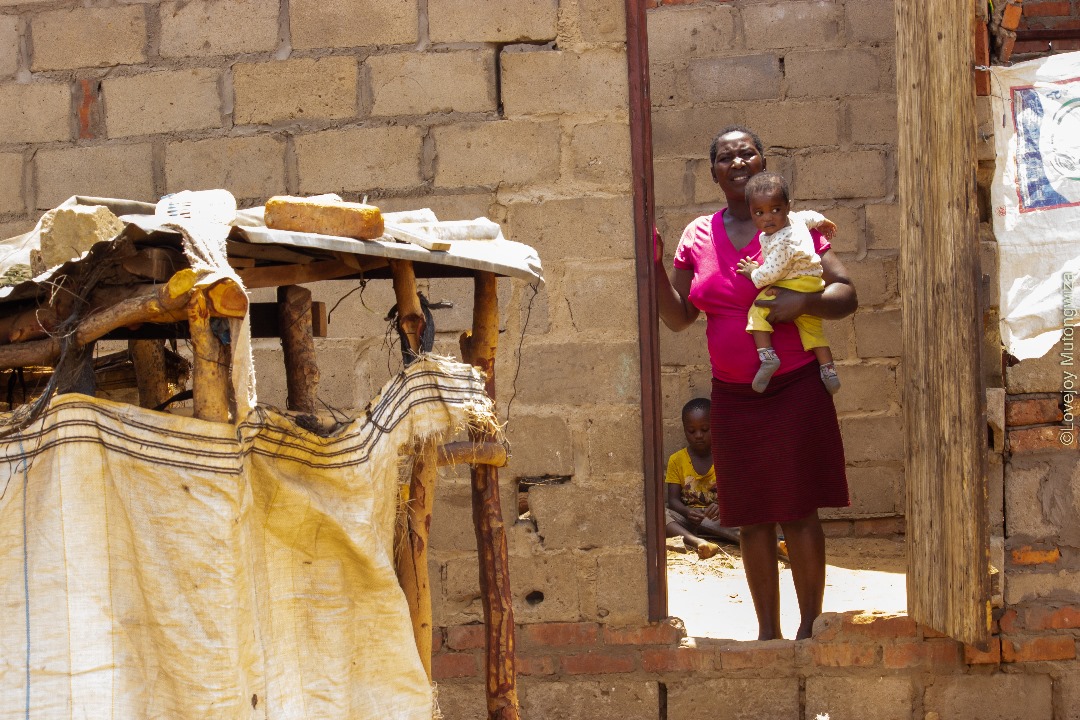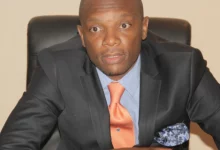How a budgeting tool is empowering women and transforming communities in Zimbabwe

By Lovejoy Mutongwiza
Rumbidzai Moyo had seen it all before. Another development project, another round of consultations, another report gathering dust on a shelf. The 35-year-old mother of three had little faith that anything would change for her and her community in Harare, Zimbabwe’s capital city.
But this time, something was different. The project was not about building roads, schools, or clinics. It was about something more fundamental: how public money is spent and who benefits from it.
The project was called Gender Responsive Budgeting (GRB), an innovative and participatory approach that aims to promote gender equality, social justice, and inclusive development at the grassroots level. GRB is based on the idea that public budgets are not neutral, but reflect the values and priorities of society. By analyzing how public resources are allocated and spent, and how they affect women and men differently, GRB seeks to ensure that the needs and aspirations of both genders are equally met.
Rumbidzai was surprised to find out that the project was not a one-off event, but a continuous dialogue between the council and the community.
She was invited to participate in consultations, workshops, and feedback sessions, where she could voice her concerns and suggestions.
She learned that the council was using various tools, such as gender audits, gender budget statements, gender disaggregated data, and gender-sensitive indicators, to monitor and evaluate the impact of their policies and programs on women and men.
She also saw that the council was allocating more resources to address the specific issues faced by women, such as water, sanitation, health, education, and income generation.
“I realized that this was not just another talk shop, but a real opportunity to make a difference,” Rumbidzai said. “I felt that my voice was heard and respected, and that my needs were taken into account.”
Rumbidzai’s story is not unique. Across Zimbabwe, local authorities are implementing GRB as part of their commitment to the Sustainable Development Goals (SDGs) and the National Development Strategy 1 (NDS1), which envision a prosperous and empowered upper-middle-income society by 2030.
GRB is also supported by the national government, civil society, and development partners, who recognize its potential to transform lives and communities.
One of the key partners in this endeavor is Gender Links Zimbabwe (GLZ), a non-governmental organization that works to advance gender equality and justice in the country.
GLZ partnered with the Ministry of Local Government and Public Works and Diakonia, a Swedish development organization, through support from the Embassy of Sweden in Zimbabwe, to empower all 92 local authorities in the country to develop and implement gender-sensitive policies and programs, ultimately leading to more equitable and responsive service delivery.
As a result of this joint initiative, the Ministry of Local Government and Public Works gave a policy directive mandating all council budgets to be gender-sensitive as a condition for approval. This means that councils have to demonstrate how they are addressing the different needs and priorities of women and men in their communities, and how they are allocating and spending public resources in a fair and transparent manner.
“This is a game-changer for local governance and development in Zimbabwe,” said Priscilla Maposa, the director of GLZ. “It ensures that public budgets are not only aligned with the national and global development agendas, but also responsive to the realities and aspirations of the people on the ground.”
However, GRB is not without challenges. It requires a shift in mindset and culture, as well as a strong political will and institutional capacity. It also faces resistance from those who benefit from the status quo, or who are unaware of the benefits of gender equality. GRB is not a quick fix, but a long-term and dynamic process that requires constant monitoring and adaptation.
But the results are worth it. GRB is not only a policy tool, but a source of hope and empowerment for people like Rumbidzai, who have seen their voices heard and their needs met. GRB is also a catalyst for change and innovation, as local authorities adopt new practices and learn from each other. GRB is a story of resilience, transformation, and inclusion.









